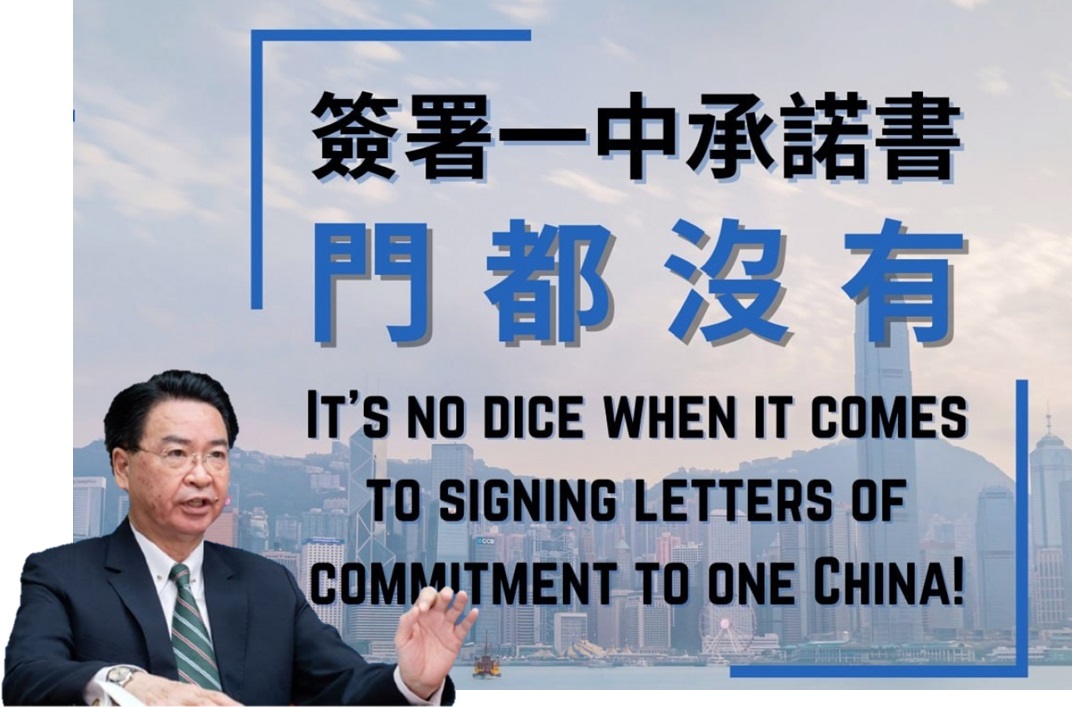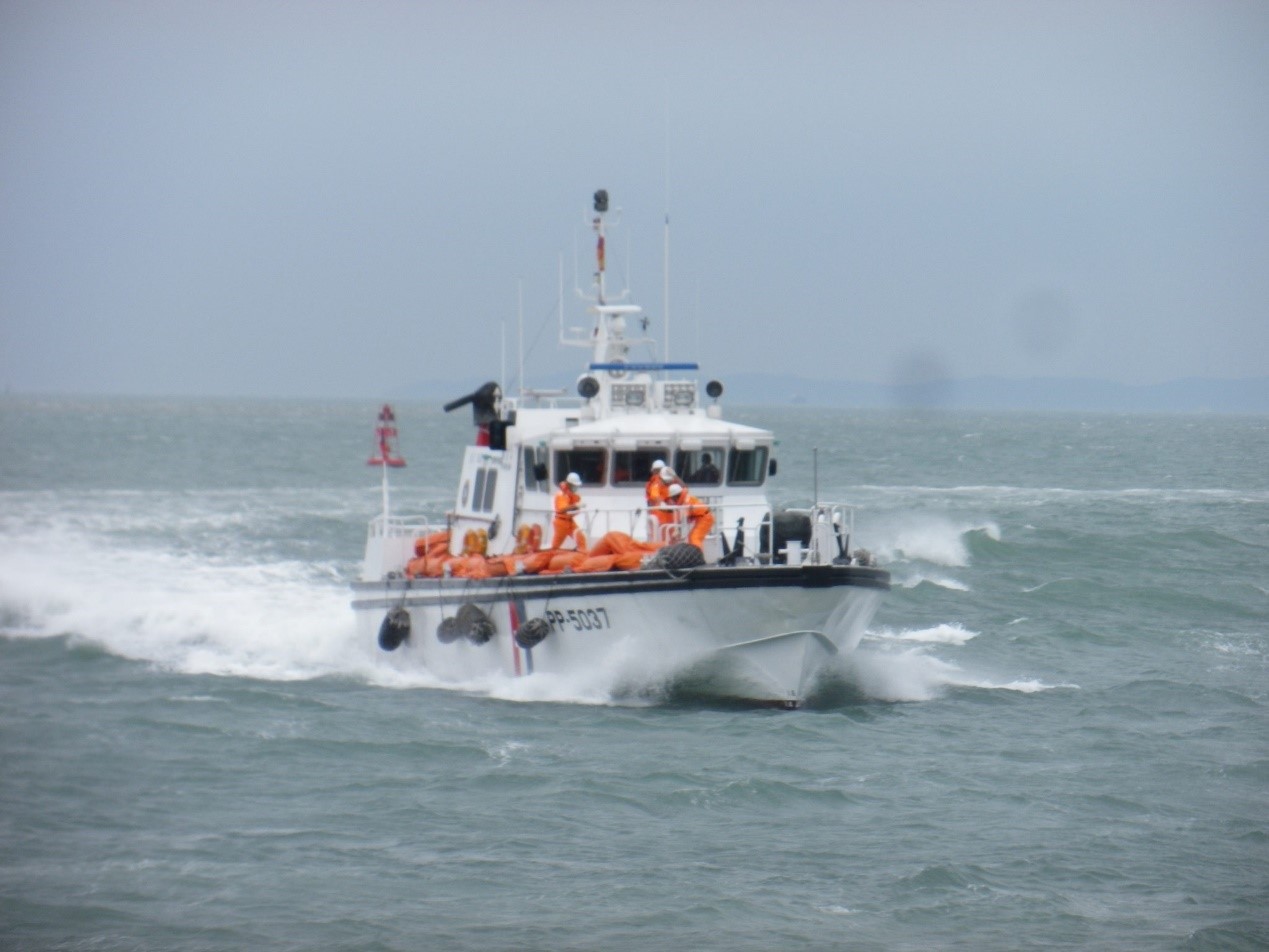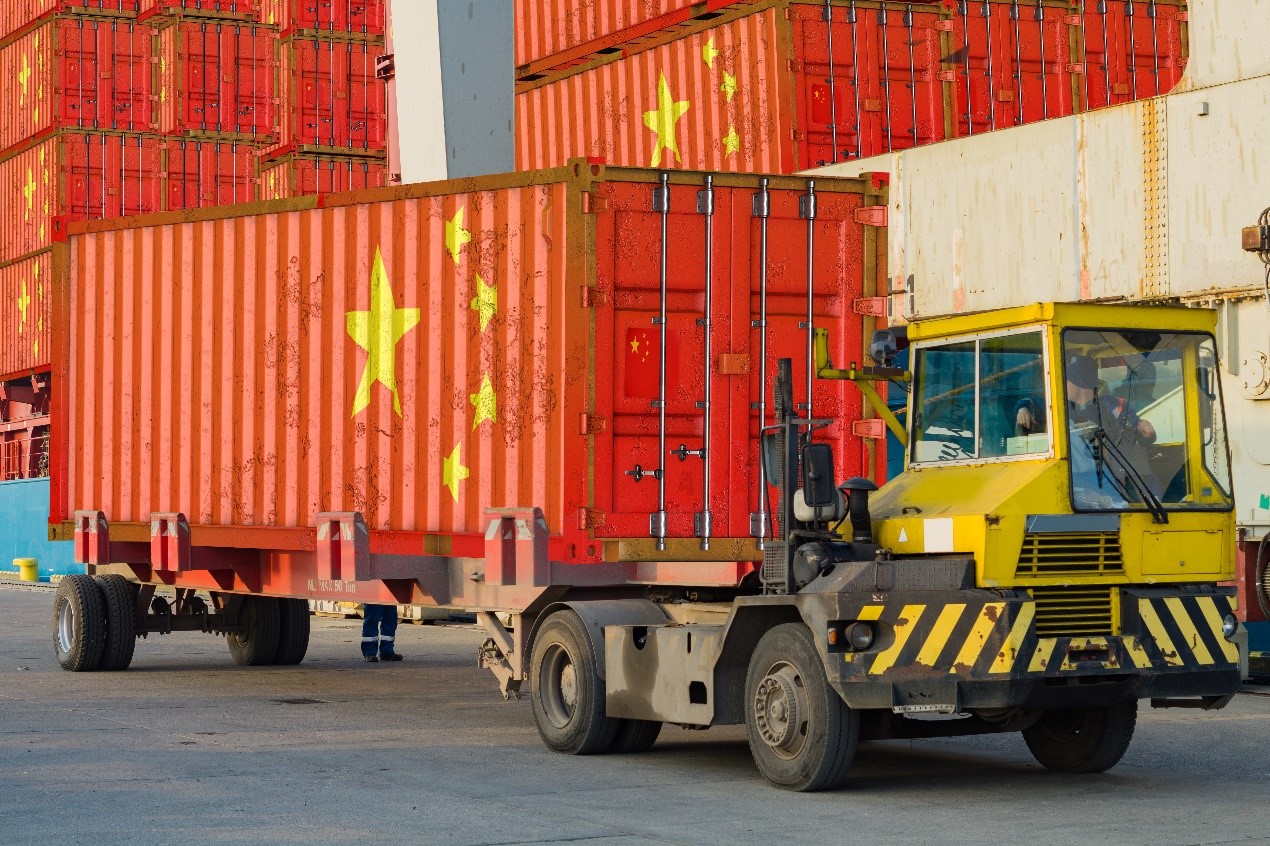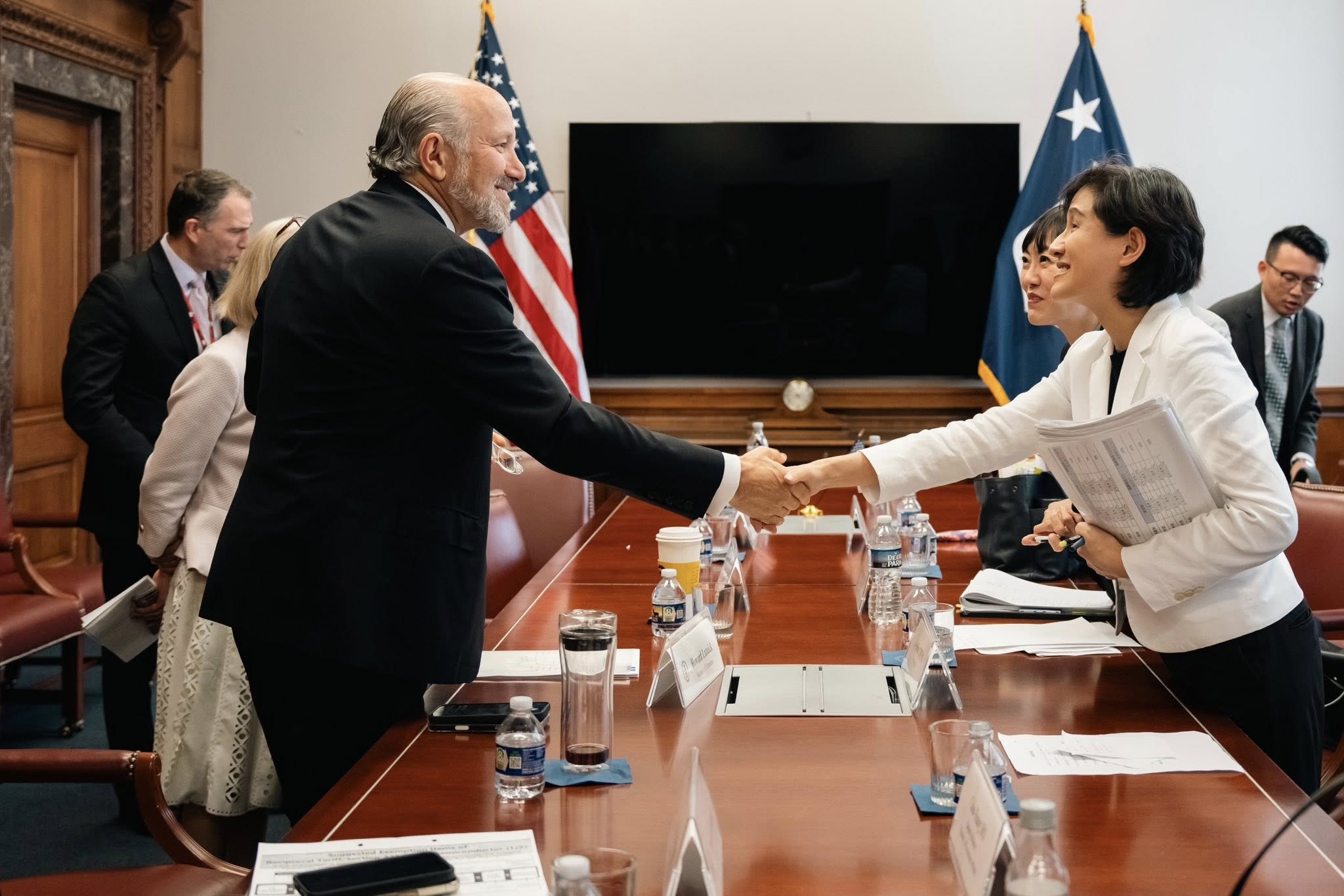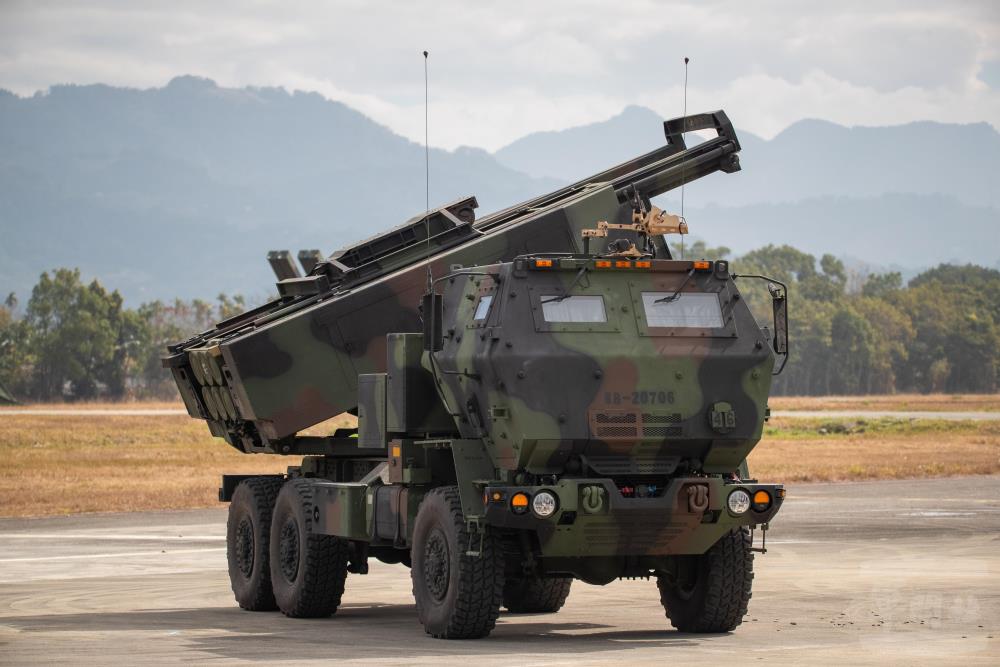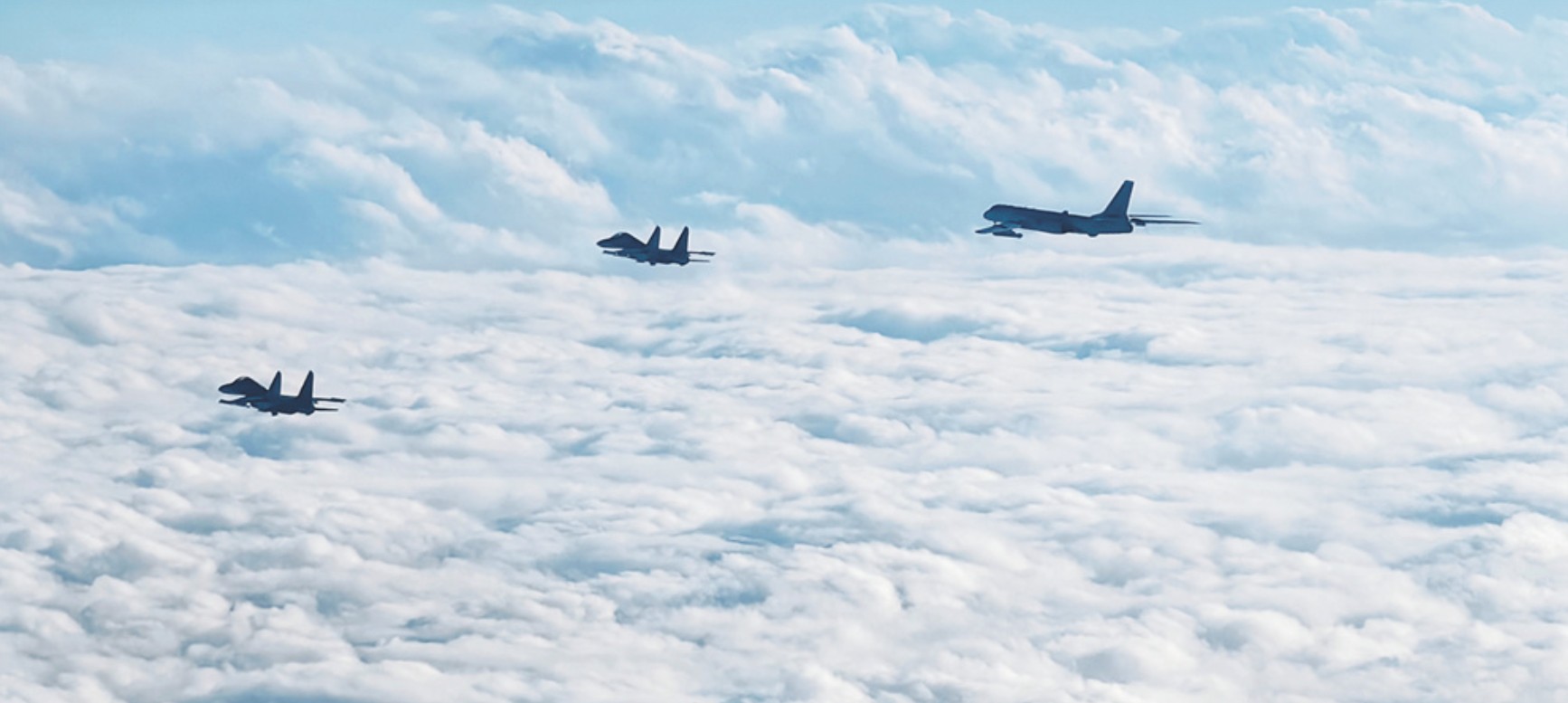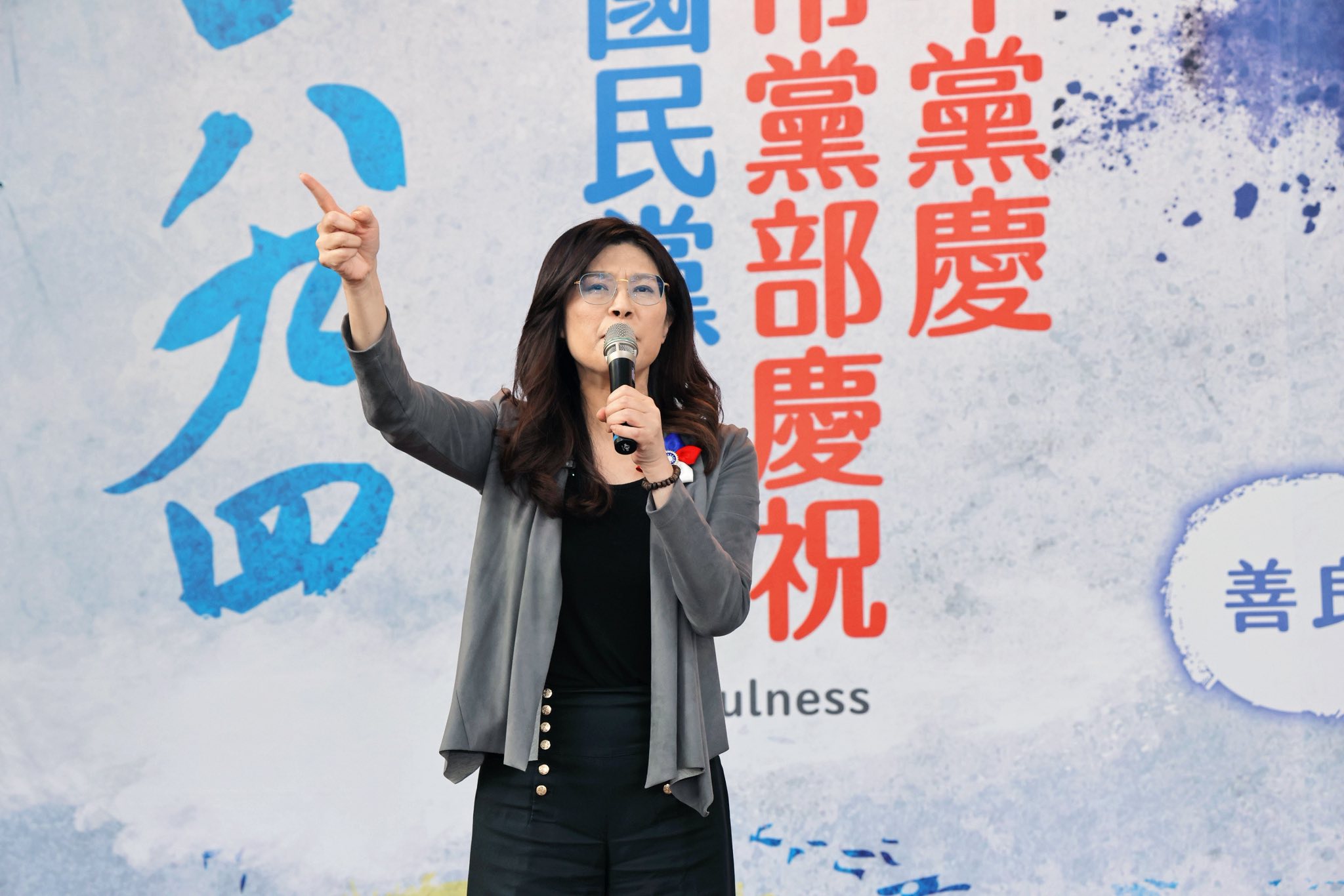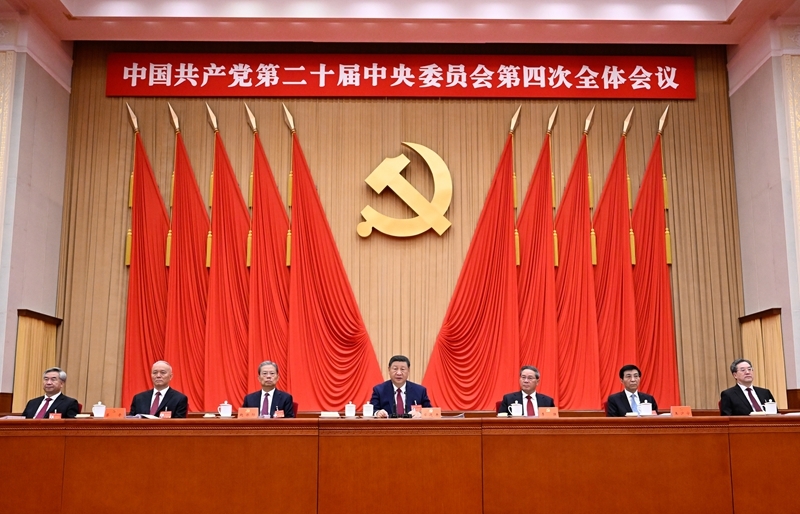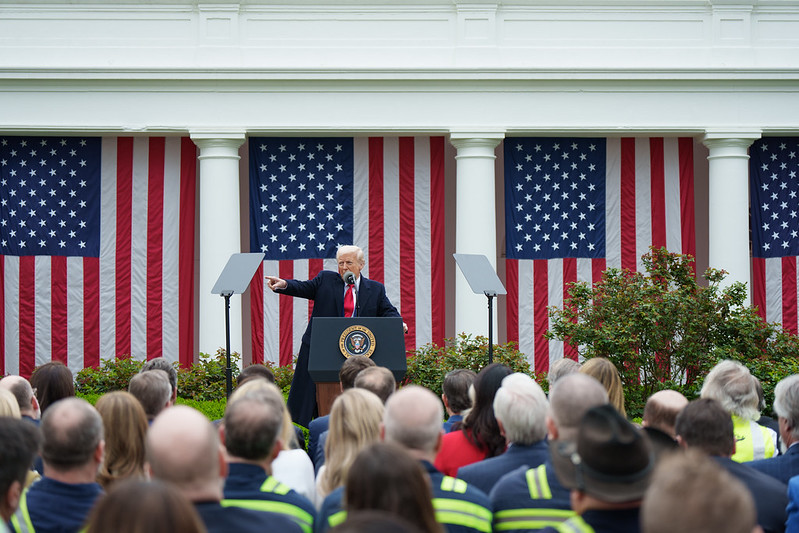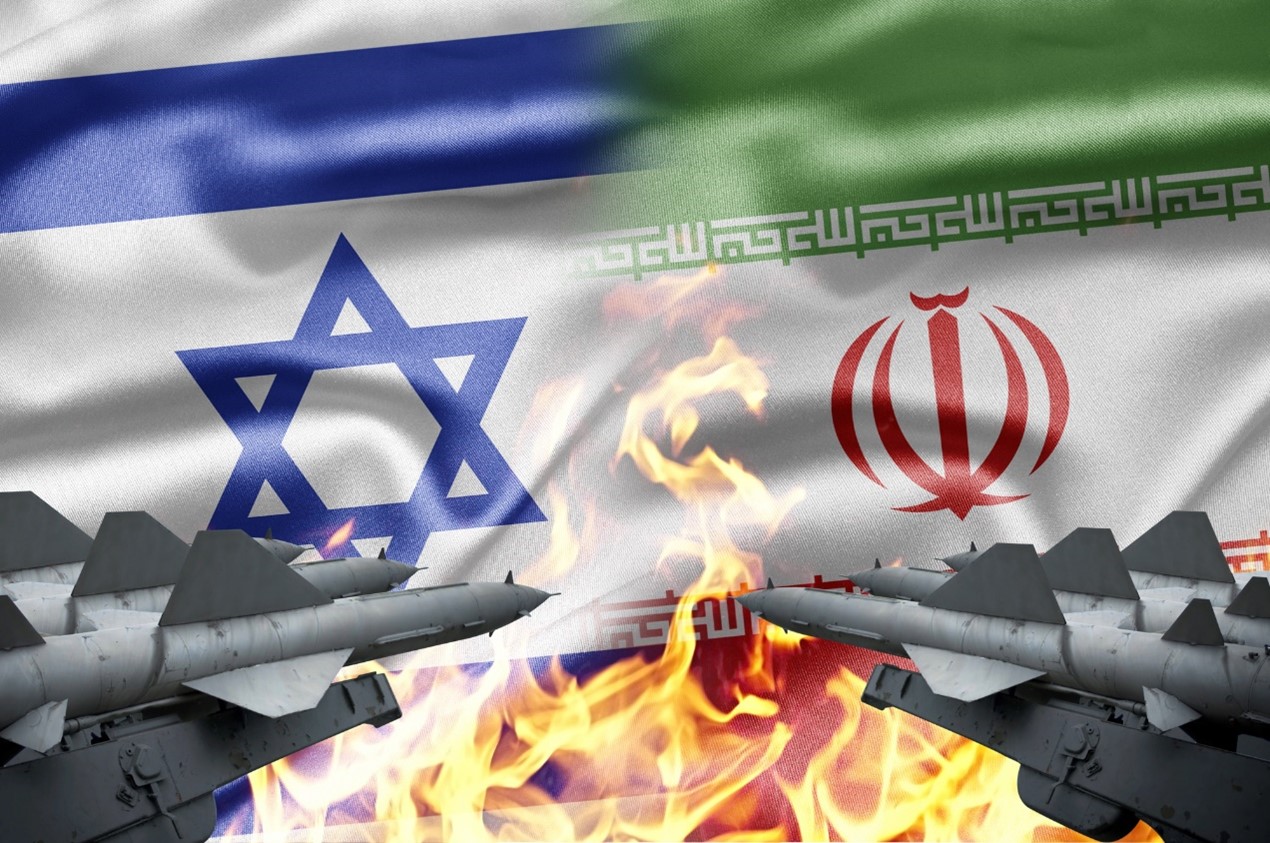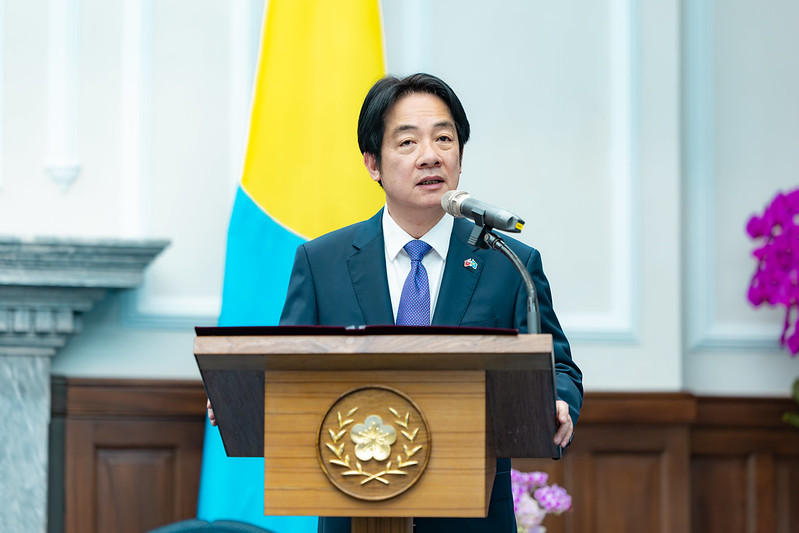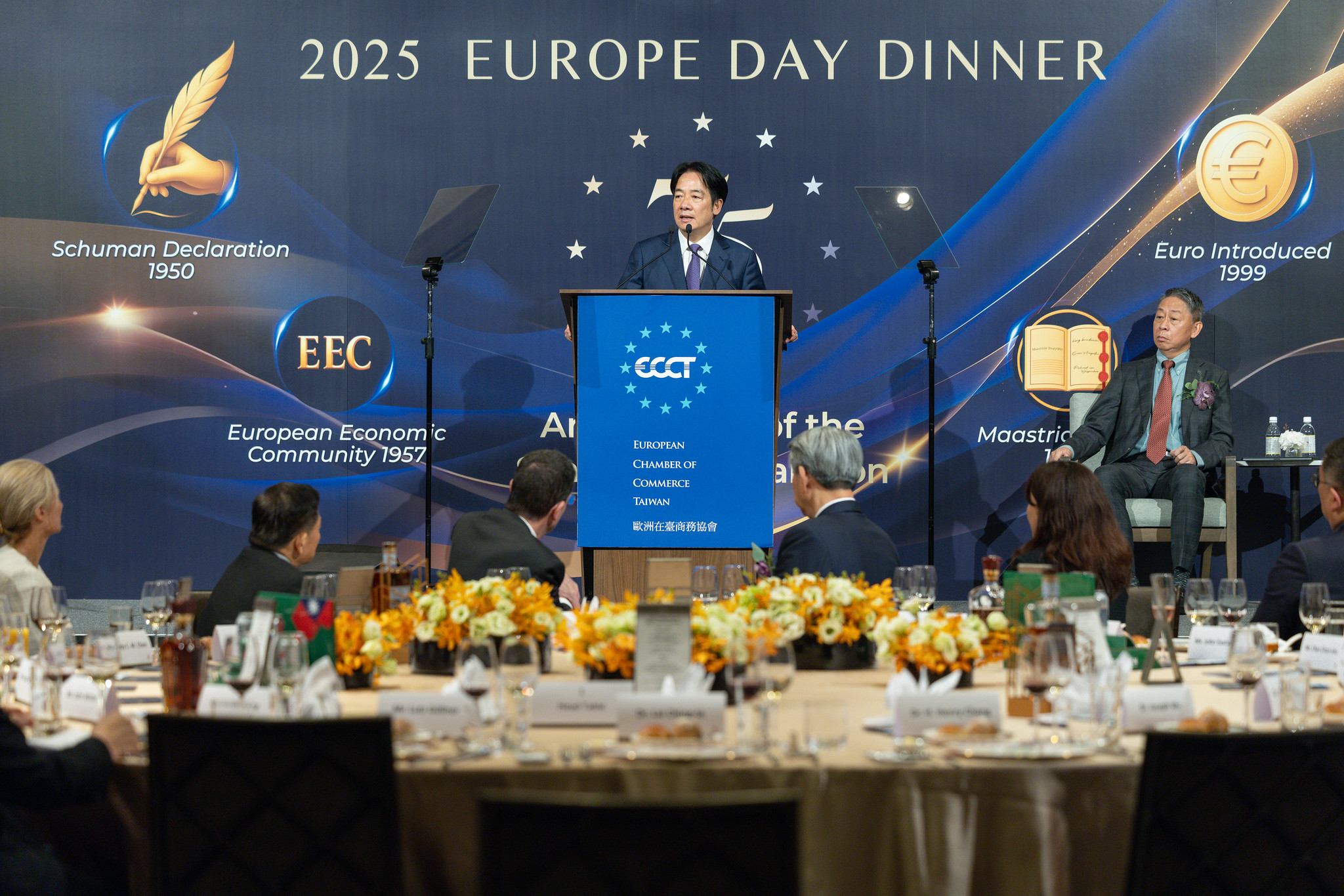Why Taiwan’s Envoys in Hong Kong Refused to Sign the ‘One China Pledge’ and Possible Consequences
In June 2021, Taiwan’s Mainland Affairs Council (MAC) announced it had withdrawn its officials from Hong Kong after their visas have expired. In the months leading to that decision, the Hong Kong government had set a condition for the visa renewals: Taiwanese officials were required to sign a “One China Pledge” (一中承諾書) or face the closure of the representative office. Picture Source: Ministry of Foreign Affairs, ROC (Taiwan), June 22, 2021, Facebook, https://www.facebook.com/mofa.gov.tw/photos/a.215639112294072/1094424601082181/
Prospects & Perspectives 2021 No. 35
Why Taiwan’s Envoys in Hong Kong Refused to Sign the ‘One China Pledge’ and Possible Consequences
By Jieh-min Wu
July 12 2021
In June 2021, Taiwan’s Mainland Affairs Council (MAC) announced it had withdrawn its officials from Hong Kong after their visas have expired. In the months leading to that decision, the Hong Kong government had set a condition for the visa renewals: Taiwanese officials were required to sign a “One China Pledge” (一中承諾書) or face the closure of the representative office. Taiwan’s representatives refused to sign a document which implies that the Republic of China (Taiwan) recognizes the People’s Republic of China (PRC) sovereignty claims over Taiwan. The Hong Kong authorities had never made such a request before, which came as the Chinese government tightened its control over the territory. This incident cannot be analyzed outside the context of the Chinese Communist Party’s (CCP) increased repression of Hong Kong, the escalating U.S.-China rivalry, and Beijing’s long-term strategy toward Taiwan.
Since the Umbrella Movement in 2014, the PRC has accelerated the absorption of Hong Kong both economically and politically. In the wake of 2019’s Anti-Extradition Law Amendment Bill Movement, on June 30, 2020, Beijing imposed a National Security Law (NSL) that came close to constituting martial law. Under the NSL, Hong Kong authorities have disqualified opposition candidates, arrested almost all dissident leaders, clamped down on freedom of expression and made a travesty of elections, thus transforming Hong Kong into another mainland Chinese city. In the Sino-British Joint Declaration, the PRC had promised a high degree of autonomy for the people of Hong Kong under “One Country, Two Systems.” Yet, Beijing has broken the promise and repeatedly described the declaration as a historical document that is not binding for China. Beijing has also violated the Basic Law to the extent that people now regard the territory as being ruled under “One Country, One System.”
On June 17, Hong Kong police raided the office of the Apple Daily newspaper and arrested five senior staff members on charges of “collusion with foreign or extraterritorial forces and engendering national security.” The authorities also froze the newspaper’s bank assets. The publication was forced to shut down within a week. Apple Daily was an influential pro-democracy news outlet. Its owner, Jimmy Lai, maintained good relations with local democrats, members of U.S. Congress and government officials. Lai had previously been charged with several criminal offenses and remains in custody. Consequently, many independent online news channels began self-censoring or scrubbed “sensitive” reports and op-eds from their websites. This wave of arrest shows how eagerly the authorities have been persecuting members of the press and the democracy movement in Hong Kong.
The PRC seems determined to build a “Berlin Wall” between Hong Kong and the West. It intends to break Hong Kong’s connections with NGO and human rights activities in democratic countries. Taiwan and Hong Kong are both at the forefront of China’s “sharp power” play, and Taiwanese civil society has long been a partner of Hong Kong’s democracy movement. The CCP therefore fears an imagined “convergence of two independence movements.” In effect, Hong Kong’s nativist movement and independence cause are the outcome of an ever-aggressive Chinese crackdown. Seeing the deteriorating human rights situation, Taiwanese civic groups lent their support to Hong Kong young activists and those forced into exile and urged the Taiwan government to provide humanitarian aid. In the same period, the U.S. government canceled Hong Kong’s privileged status and imposed sanctions on Chinese and Hong Kong officials alleged to have violated human rights in the territory. Many Western democracies have also expressed grave concerns.
Beijing has constantly found fault with Taiwan amid the growing geopolitical tensions. By asking Taiwanese officials in Hong Kong to sign the “One China Pledge,” Beijing was trying to push Taiwan to the edge of a precipice, leaving MAC officials no choice but to withdraw their staff. If Taiwan kowtowed to the pressure, it would have been tantamount to accepting the “One China Principle” and recognizing the PRC’s claim over Taiwan. This concession would be political suicide for Taiwan. As the U.S. and its allies have collectively called for maintaining the status quo in the Taiwan Strait (which amounts to recognition of the de facto independence of Taiwan from China), such a move would also alienate Taiwan from its Western partners and draw itself closer to the authoritarian regime in Beijing. The CCP understands Taiwan’s situation and choice quite well, and its “One China Pledge” request was an excuse for severing Taiwan’s democratic ties with Hong Kong.
In May, the Hong Kong government abruptly shut its representative office in Taipei. Macao followed suit the next month. Under the current circumstances, it is expected that Taipei will be forced to close its Hong Kong office in the near term. This will profoundly affect relations between Taiwan and Hong Kong. For many years, Hong Kong has served as a hub for Taiwanese entrepreneurs to operate their businesses in China proper, as well as for various social and cultural exchanges between the two societies. Capital from Hong Kong has also been used for substantial investments in Taiwan.
First, the Taiwanese government must consider sovereignty and human rights jointly. Last year the MAC set up an “exchange office” to provide assistance to Hong Kong exiles in Taiwan. This move, has led the Hong Kong government to accuse Taiwan of interfering in its internal affairs. Since human rights are a universal value, we can expect that Taiwan will not yield to the pressure. Further, the Economic Democracy Union (經濟民主連合), among other civic groups, has proposed that a provision of “Hong Kong human rights and democracy” be added to the “Laws and Regulations Regarding Hong Kong and Macao Affairs” (港澳條例). If enacted, it would provide more substantial support to Hong Kong democracy advocates.
Secondly, China has implemented “One Country, One System” and virtually ended rule of law in Hong Kong. This, as we saw, has prompted the U.S. to revoke Hong Kong’s special trading status. Taiwan should follow suit by re-evaluating the preferred treatment it extends to Hong Kong (and Macao) capital under existing laws. As the promise of a high degree of autonomy for Hong Kong has become void, Taiwan’s Laws and Regulations Regarding Hong Kong and Macao Affairs now face a challenge. One chief worry is the potential for Chinese capital in the guise of Hong Kong capital taking advantage of this special treatment.
Lastly, protecting Taiwanese citizens in Hong Kong could become a severe challenge if Taiwan’s relations with China continue to deteriorate. Taiwanese nationals can easily become trapped by the National Security Law and related laws. Sadly, there is no clear solution to such potential political persecution. As the international law expert Sung Chen-en argues, it is therefore “of the utmost importance that Taiwanese citizens avoid being prosecuted as ‘Chinese’ or indicted under Hong Kong’s criminal system or Chinese laws.”
(Dr. Wu is a Research Associate at the Institute of Sociology, Academia Sinica, Taiwan, and co-editor of China’s influence in the Centre-periphery Tug of War in Hong Kong, Taiwan and Indo-Pacific, with Brian Fong and Andrew Nathan, 2021, Routledge)


